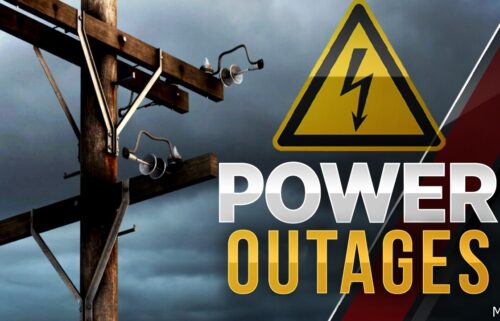Washington state woman calls 911 after being hounded by up to 100 raccoons
Associated Press
Sheriff’s deputies in Washington’s Kitsap County frequently get calls about animals — loose livestock, problem dogs. But the 911 call they received recently from a woman being hounded by dozens of raccoons swarming her home near Poulsbo stood out.
The woman reported having had to flee her property after 50 to 100 raccoons descended upon it and were acting aggressively, said Kevin McCarty, a spokesperson for the sheriff’s office. She told deputies she started feeding a family of raccoons decades ago and it was fine until about six weeks earlier, when the number showing up went from a handful to around 100.
“She said those raccoons were becoming increasingly more aggressive, demanding food, that they would hound her day and night — scratching at the outside of her home, at the door. If she pulled up her car, they would surround the car, scratch at the car, surround her if she went from her front door to her car or went outside at all,” McCarty said. “They saw this as a food source now, so they kept coming back to it and they kept expecting food.”
It was not clear what caused their numbers to balloon suddenly. Both the sheriff’s office and the Washington Department of Fish and Wildlife determined no laws were broken, McCarty said.
“This is a nuisance problem kind of of her own making that she has to deal with,” he said. Video from the sheriff’s office shows raccoons milling around trees, and deputies who responded to the call observed 50 to 100 of them, he added.
Bridget Mire, a spokesperson with the Washington Department of Fish and Wildlife, said by email that under state law it is illegal to feed large carnivores, such as bears or cougars. While municipalities or counties may have local statutes forbidding the feeding of other wildlife, it is currently not against state law to do so, she said.
Regardless, the agency discourages people from feeding wildlife. Raccoons, for example, can carry diseases, and food can also attract predators such as coyotes and bears, according to Mire.
Mire said an agency wildlife conflict specialist has met with the woman, who has stopped feeding the critters.
“The raccoons appear to have started dispersing now that they are no longer being fed, and we are glad for a positive outcome to this case,” Mire wrote.
Poulsbo is about a 90-minute car and ferry ride northwest of Seattle.



